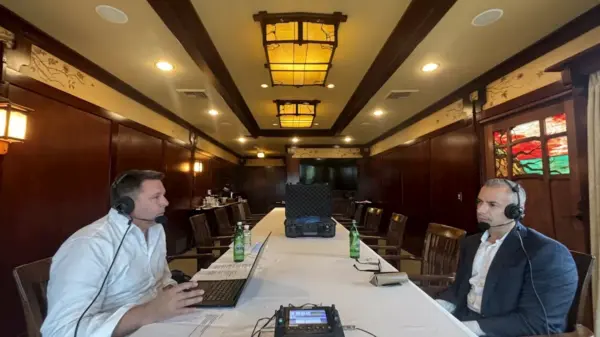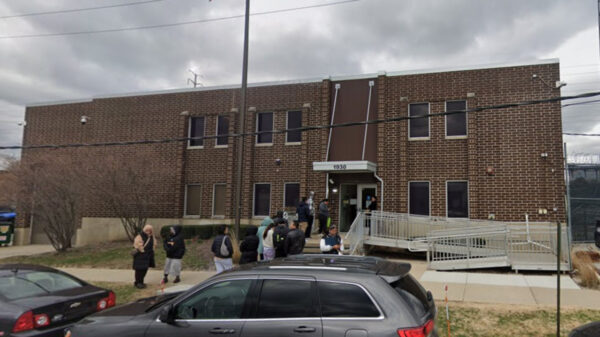The decline of social trust in the United States has reached alarming levels, with recent data showing that it plummeted to just 34% in 2024, and some studies indicating it may be as low as 20%. This erosion of trust is directed not only toward fellow citizens but also toward government institutions. The trend can be traced back to the mid-1970s, post-Watergate, but has intensified significantly in the last decade.
Understanding Social Trust
Social trust differs fundamentally from interpersonal trust, which is built on close relationships with friends and family. According to Kevin Valier, a professor of philosophy at Bowling Green State University, social trust involves believing that strangers will generally adhere to shared societal norms. This belief is essential for the functioning of a democratic society, as it forms the basis for our expectations of others’ behavior.
Valier explains that social trust is not easily shattered by the occasional violation of norms. Instead, widespread perceptions of unreliability among the populace can lead to its collapse. This failure of trust poses a threat to the very fabric of democracy, making it crucial for society to address the factors contributing to this decline.
Factors Leading to Decline
Several factors have contributed to this troubling trend. The rise of the internet has changed how people interact, often fostering isolation rather than community engagement. Additionally, a marked decline in participation in civic organizations has diminished opportunities for social interaction. Economic concerns further exacerbate feelings of distrust, with many feeling alienated from the economic system.
Moreover, the past decade has seen a persistent political narrative undermining social trust. Citizens are bombarded with claims that elections are rigged, courts are biased, and public institutions are compromised, leading to widespread cynicism. This climate of distrust extends to immigrants seeking a better life, who are often portrayed as threats rather than contributors to society.
Despite these challenges, there is hope for rebuilding social trust. The journey will be arduous and could take an entire generation, but proactive steps can be initiated now.
A Path Forward
Efforts to restore social trust must adopt a grassroots approach. Encouraging young people to engage with community groups—whether through religious organizations, social activism clubs, or charitable initiatives—can help break cycles of isolation. Such involvement fosters cooperation and builds a sense of community.
Furthermore, effective leadership is vital. Solomon D. Stevens, author of “Religion, Politics, and the Law,” emphasizes the need for individuals with a service-oriented mindset to take on leadership roles. Educators play a crucial role in shaping future generations, and we must encourage young people to pursue careers in public service.
To counteract today’s cynicism, it is essential to focus on nurturing the next generation’s values. By instilling a sense of responsibility and service, society can lay the groundwork for a more trustworthy future.
Rebuilding social trust is a challenging endeavor, but it is not impossible. Each individual can contribute to this vital mission by taking the initiative to engage with others and foster a sense of community. Trusting the process, while understanding that change will not happen overnight, is essential for making meaningful progress.






































































